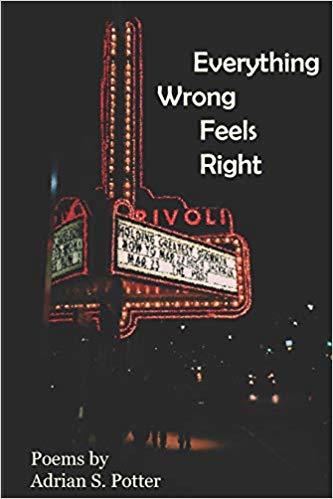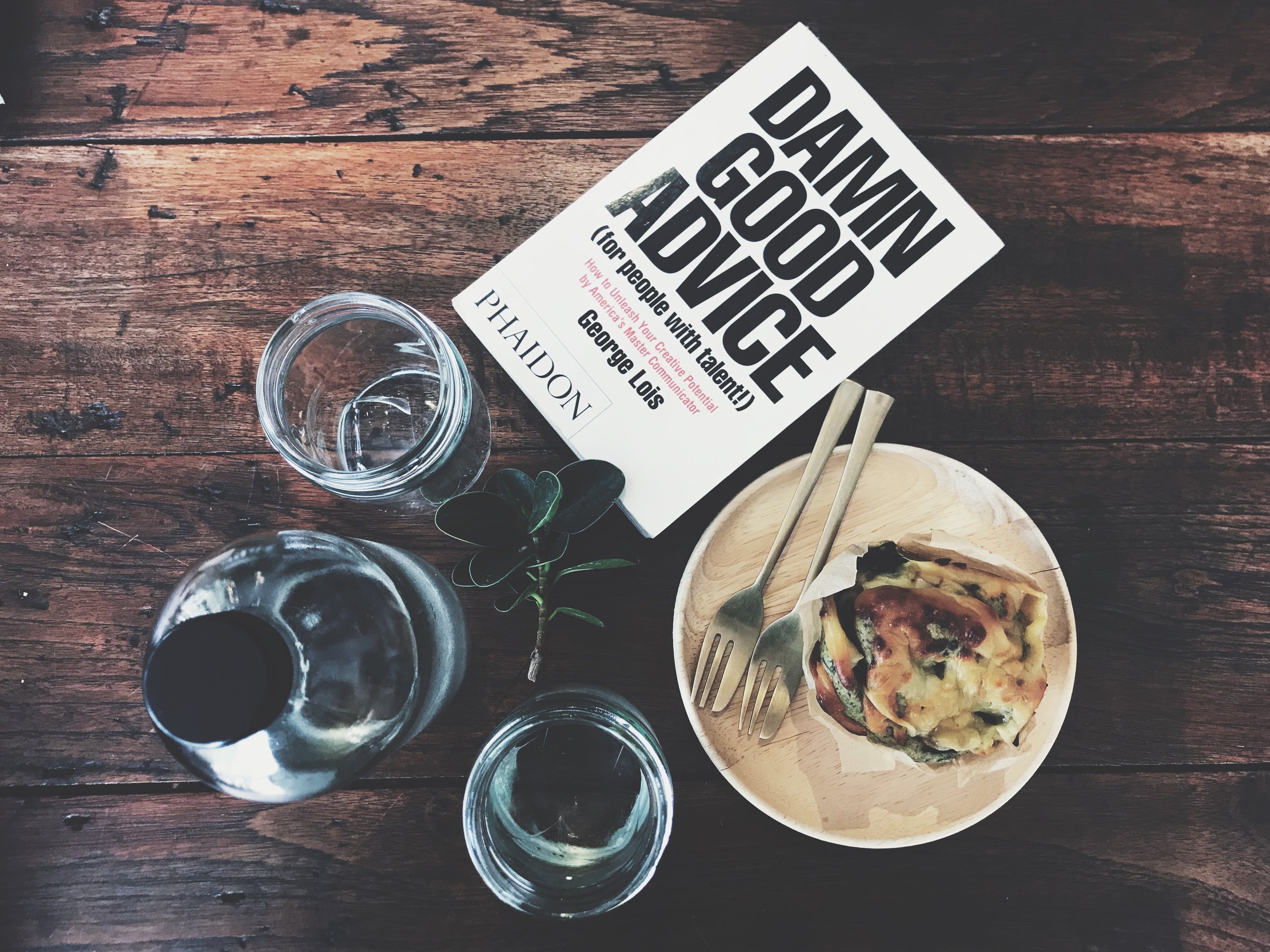If you’ve ever written anything, from a paper to a novel, you know how hard it can be to come up with the best ideas. Writer’s block hits us all from time to time, and that includes published authors. Authors work very hard to craft compelling stories that their readers will not only enjoy, but love. For many this takes years of hard work and planning. It may even mean hundreds of rejections, thousands of edits and loads of re-writing. They may draw upon their own life experiences, or the tales of others, or simply upon their imagination. Some authors however, get lucky and dream the entire thing.
Since science is still a little uncertain as to why we have dreams in the first place, they have an almost mystical quality about them. It may not be magic, but it can seem like it. Our dreams can be filled with bizarre creatures, people, and scenarios. Even from mundane activities to fantastical situations, they can be quite memorable. For some authors, this makes them a great starting point for novel ideas.
If you yourself are an aspiring writer or creative, there may be a way for you to tap into your dreams as well. Thinking of your book or project as you fall asleep is one of the best ways to dream about it. Even if you aren’t lucky enough to stumble upon inspiration as you sleep, it’s important to remember that creativity is deeply personal, and finding what works for you can take time. For the full list of books inspired by dreams, plus some tips on creativity, check out this link and visual by Sleep Advisor:
https://www.sleepadvisor.org/books-inspired-by-dreams/











